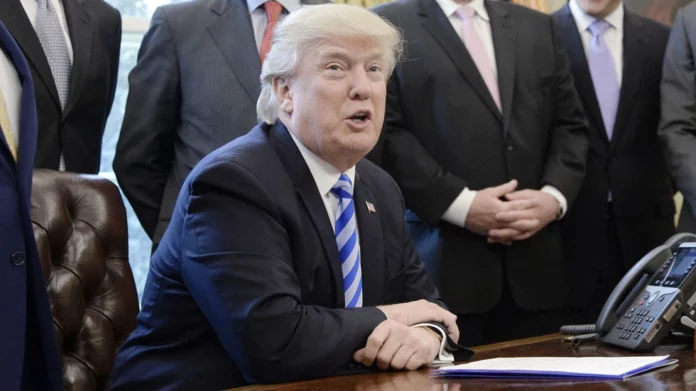For decades unions and employers have enjoyed a symbiotic relationship, each benefitting from the contract bar doctrine— a legal precedent that has maintained order in labor disputes by allowing both sides to make reasonable concessions over time. But now, President Trump’s National Labor Relations Board (NLRB) is considering killing this long-standing tradition that dates back to before his birth. In a filing last week, the board asked for a review of the contract bar on behalf of a wealthy conservative donor and right-wing group.
The dispute began with 800 Delaware poultry workers and their employer over union representation. Under the current contract bar doctrine, no attempts can be made to decertify until after three years or when the contract expires— thus protecting both parties involved in labor negotiations from taking unreasonable measures. By overturning this precedent, however, the NLRB could potentially strip workers of rights that generations have enjoyed for decades.
Critics of President Trump’s move argue it is an attempt to weaken unions and their collective bargaining power; if successful, corporations can use this newfound freedom to quickly break contracts with unions if they are unhappy with concessions being made. This would lead to a breakdown in trust between employers and employees meaning a significant disadvantage for everyday workers who rely on these agreements for fair wages and representation at work.
Not only does this action threaten hundreds of thousands of American jobs already at risk due to the pandemic recession but it could also destabilize organized labor’s ability to effectively represent its members moving forward. It would set a dangerous new precedent where businesses get to decide how labor rights are treated instead of allowing them to be protected through existing law.
Trump’s proposed action symbolizes what many believe is his disdain for unions, which he has attacked numerous times throughout his presidency most recently via Twitter in May when he accused them of being “too strong” and representing “a big part” of why our economy isn’t working as well as he hoped it would by now. Whether or not it will succeed remains unclear but if successful it could vastly change the way labor laws are interpreted across many industries nationwide and put Americans’ livelihoods at risk.



